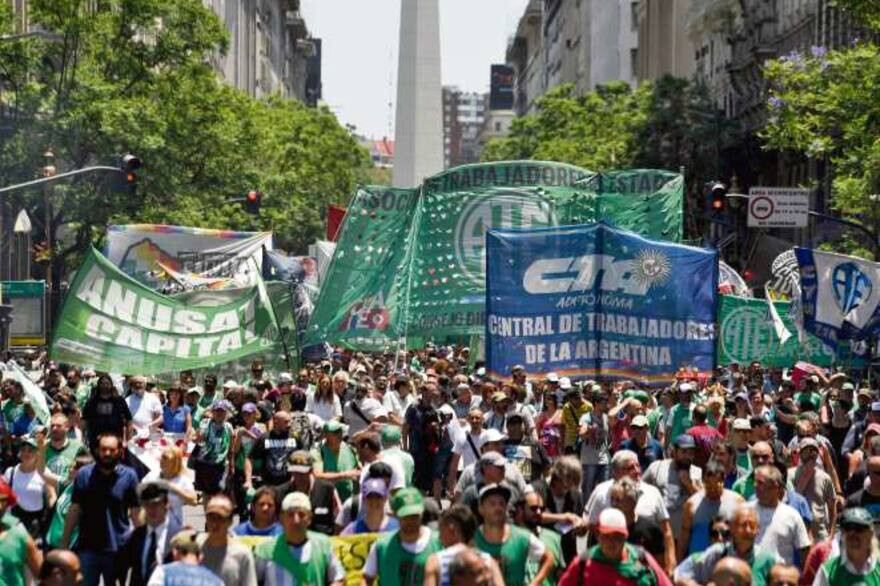
BUENOS AIRES, Argentina - The Argentine judiciary has decided to temporarily suspend the application of a presidential decree restricting strikes, which President Javier Milei signed last month. This decision grants an injunction filed by the National State Workers' Association (ATE), based on the judgment that the decree could infringe upon constitutionally guaranteed workers' rights.
The ruling came from National Labor Court No. 3 (Juzgado Nacional del Trabajo N° 3), which halted the enforcement of Article 3 of Presidential Decree No. 340/2025. The court determined that this provision has the potential to violate union freedom and the right to strike as enshrined in the Constitution and international conventions ratified by Argentina.
In her ruling, Judge Moira Fullana noted that "the enactment of the norm in question could infringe upon the exercise of rights derived from union freedom" and warned that its application could cause "irreparable damage."
This court decision concerns the decree's provision mandating that essential services maintain 50% to 75% normal service provision even during industrial disputes. The suspension of this provision's effect will remain in place until a final ruling is issued on the matter.
ATE obtained the temporary suspension from the court just 10 days after filing a constitutional challenge against the presidential decree. ATE has consistently criticized the decree as "an attempt to prohibit the right to strike" and argued its unconstitutionality. Rodolfo Aguiar, General Secretary of ATE, emphasized in a statement after filing the lawsuit: "The right to strike is our most important right. If it is taken away from us, workers will have nothing left."
This ruling is expected to set a significant precedent, curbing the Milei government's broader deregulation and economic reform policies. Upon taking office in December, President Milei immediately announced a large-scale "Decree of Necessity and Urgency (DNU)" attempting wide-ranging structural reforms, including labor law changes. Specifically, DNU 70/2023 contained provisions aimed at increasing labor market flexibility, such as restricting the right to strike, altering collective bargaining methods, and extending employment contract durations.
However, these reform attempts have met with strong opposition from labor unions and left-wing opposition parties. Various unions, including Argentina's largest labor confederation, the General Confederation of Labor (CGT), have organized large-scale protests and general strikes to oppose the Milei government's policies. Notably, nationwide general strikes were held on January 24 and May 9, expressing discontent with the government's economic policies and the DNU.
Presidential Decree 340/2025, whose effect has now been suspended, is interpreted as an extension of the earlier DNU 70/2023, specifically detailing the obligation to maintain minimum services during strikes. While the government claimed these measures were to ensure the continuity of public services and minimize public inconvenience caused by strikes, labor unions strongly opposed them, viewing them as an attempt to effectively neutralize the right to strike.
The Argentine Constitution explicitly guarantees workers the right to strike, and international treaties ratified by Argentina, such as ILO Conventions 87 and 98, also guarantee freedom of association. The court based its judgment on these constitutional and international legal grounds, determining that the government's presidential decree could infringe upon fundamental workers' rights.
This temporary suspension by the court appears favorable to labor unions until a final ruling is issued. However, the Milei government is highly likely to appeal this decision, and the conflict between the judiciary and the executive branch could intensify in the future. The legal and political dispute surrounding labor reforms in Argentina is expected to continue for some time.
[Copyright (c) Global Economic Times. All Rights Reserved.]




























